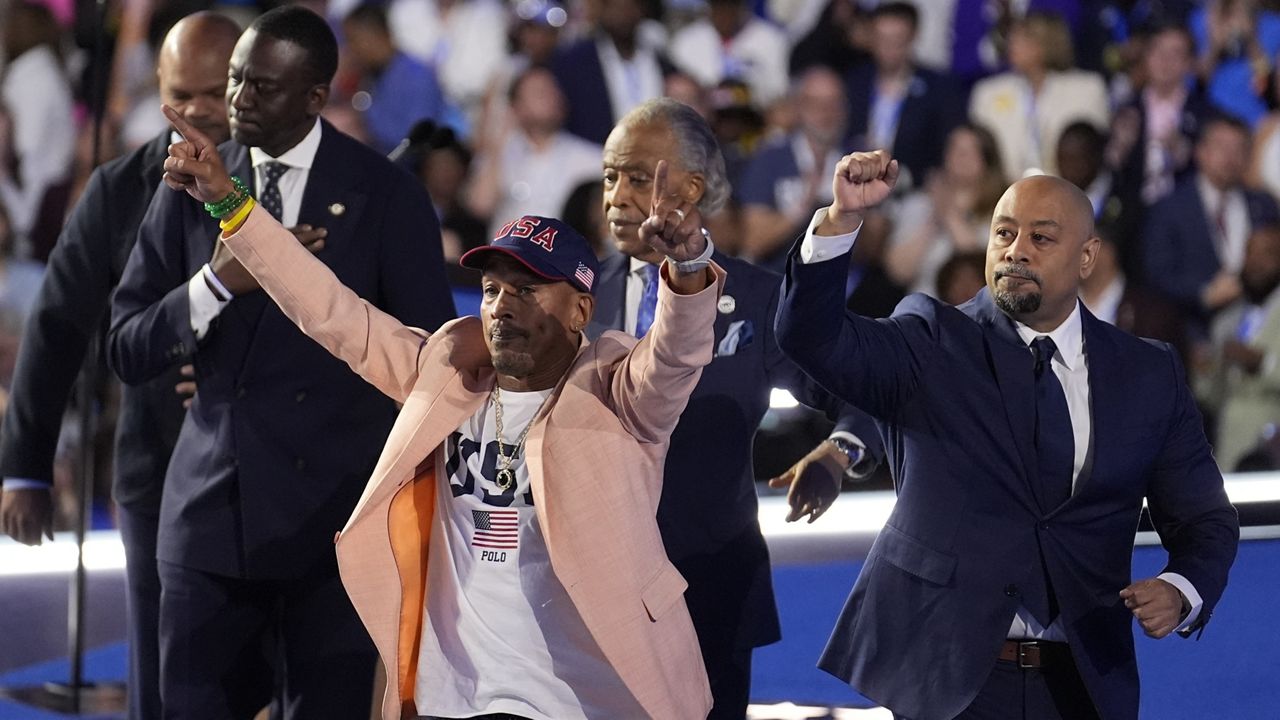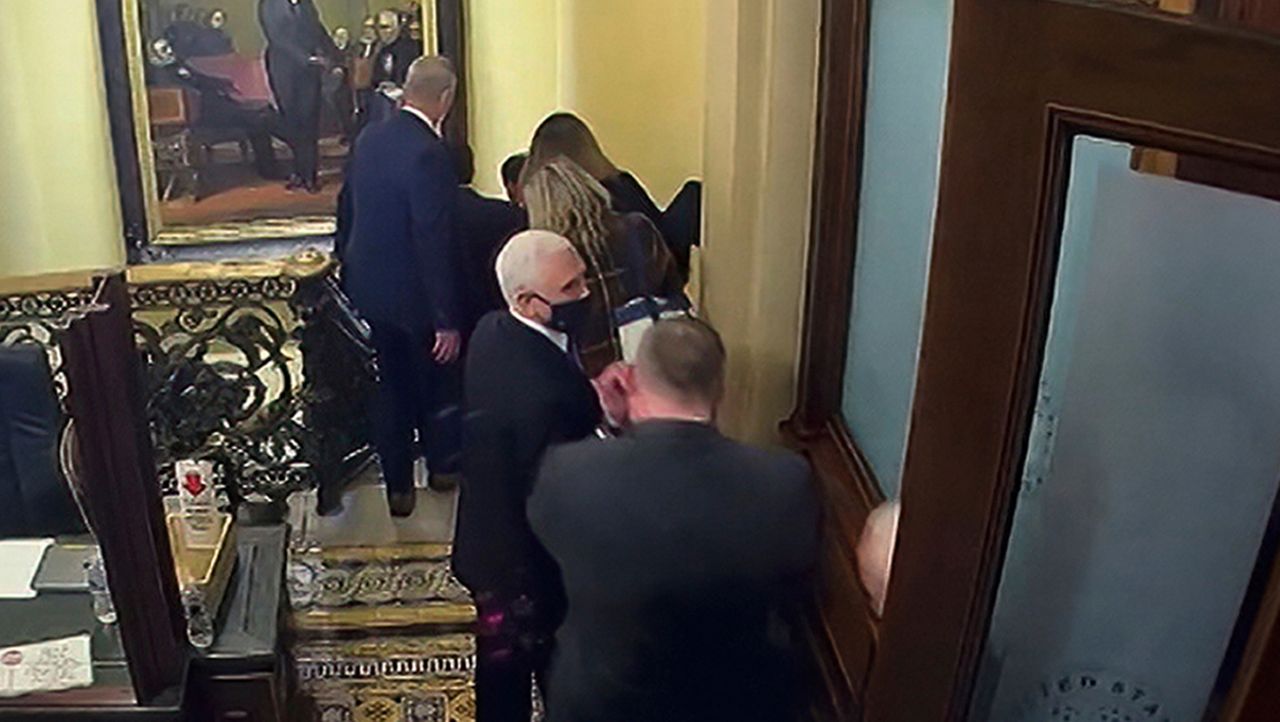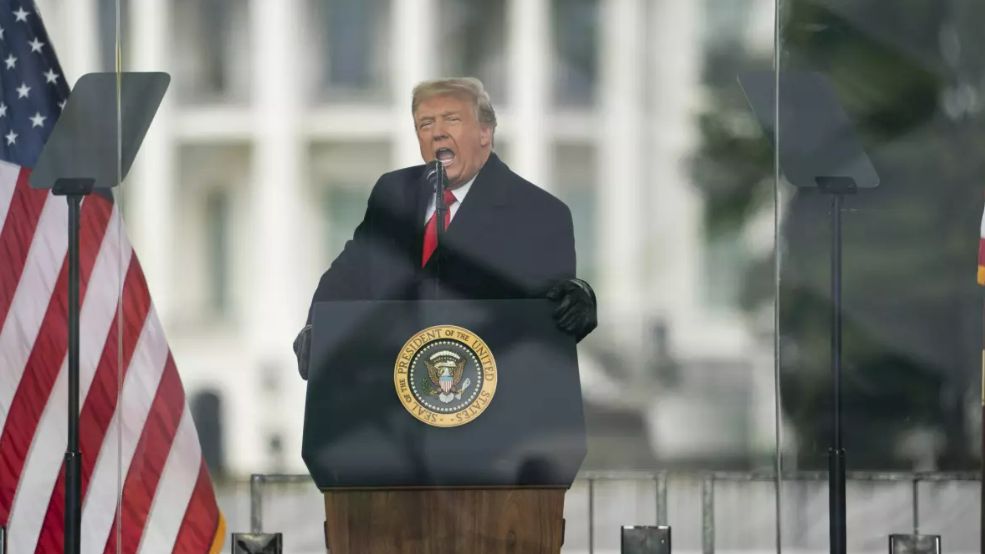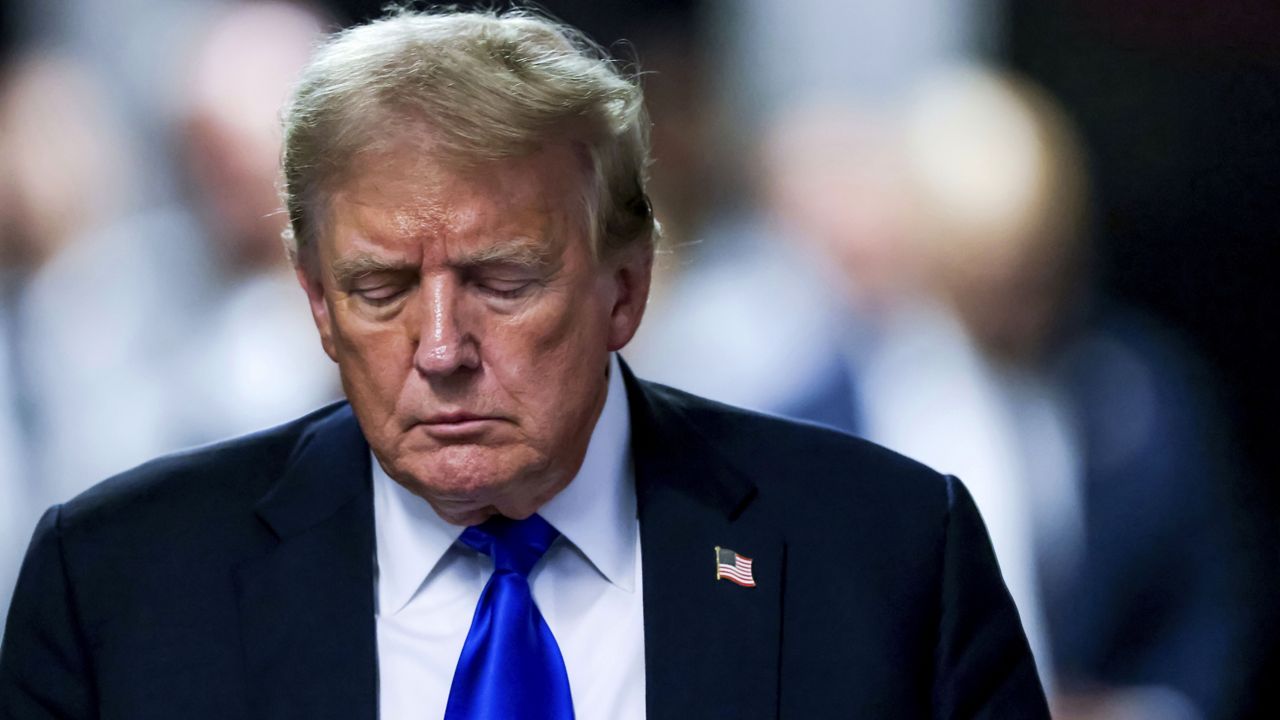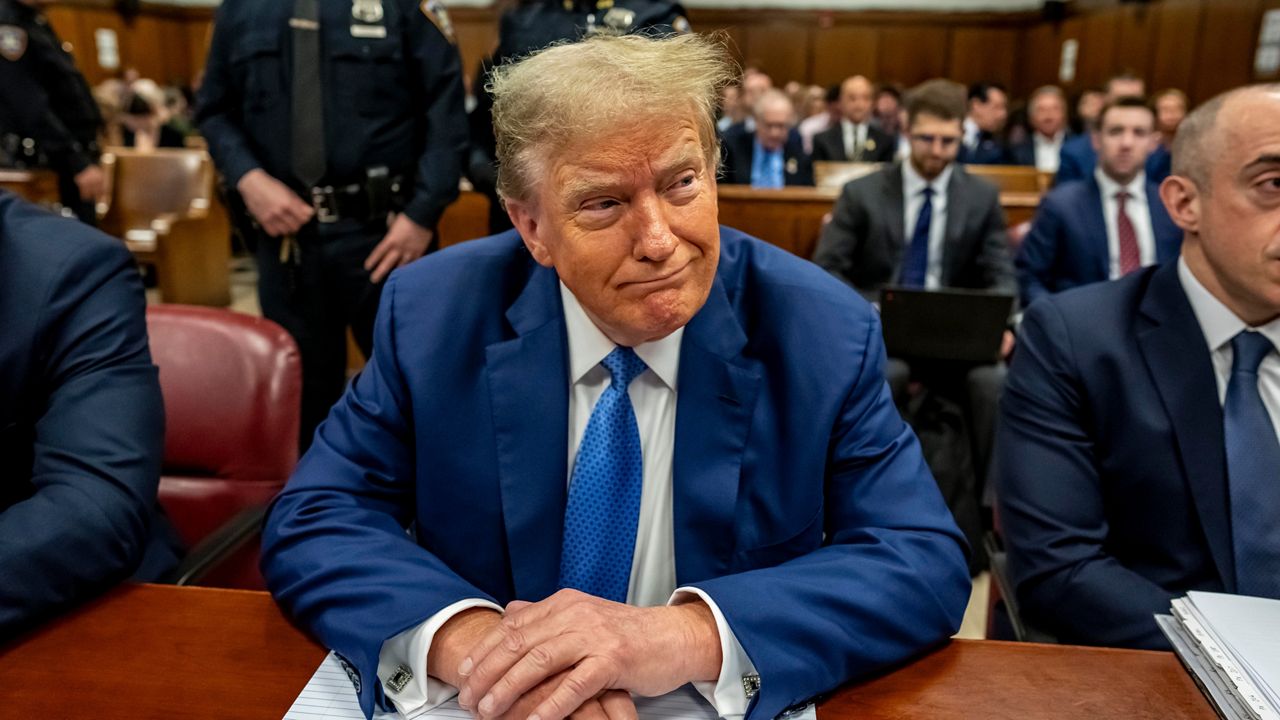The Georgia judge overseeing the election interference case against Donald Trump and several allies dropped three of the charges in the sweeping indictment, including two charges faced by the former president, but declined to dismiss the entire case.
Two charges are related to the filing of false documents claiming that Trump won the state in the 2020 presidential election. The document, filed with the federal court in Atlanta, declared that Trump Georgia and 16 Republicans who signed the document were the “duly elected and qualified electors” from the state.
One of the counts charges three of those Republicans with filing false documents. The other charges Trump and others with conspiracy to file false documents.
In his ruling, Judge Scott McAfee wrote that the charges “lie beyond this State’s jurisdiction and must be quashed” because they involve statements made in federal court and should be dismissed under the Supremacy Clause under the U.S. Constitution.
McAfee wrote that punishing someone for filing certain documents with a federal court would “enable a state to constrict the scope of materials assessed by a federal court and impair the administration of justice in that tribunal to police its own proceedings.
The third count accused Trump and conservative attorney John Eastman with filing false documents, saying they “knowingly and unlawfully” filed a lawsuit with the federal court in Atlanta while “having reason to know” that the document included at least one "materially false" statement about the 2020 election in Georgia.
McAfee cited case law that says complaints filed in federal court fall within the scope federal perjury statutes and said the charge must be quashed.
Prosecutors can appeal McAfee’s ruling. A spokesman for Willis said prosecutors are reviewing the order and declined to comment.
Even with a total of nine counts quashed, 32 counts remain, including an overarching racketeering charge brought against all of the defendants.
Trump’s lead attorney in the case, Steve Sadow, declared the judge’s ruling a victory, hailing in a statement that the former president and his Georgia legal team “have prevailed once again.”
The initial indictment accused Trump and 18 co-defendants of engaging in a “criminal enterprise” aimed at overturning his loss in the state to Joe Biden, the first Democratic presidential candidate to prevail in Georgia since Bill Clinton in 1992.
Four of the initial defendants have pleaded guilty and agreed to cooperate with prosecutors; Trump and the remaining co-defendants have pleaded not guilty and denied wrongdoing.
Trump initially faced 13 charges, but three of those were previously tossed in addition to the two that were dismissed on Thursday. Eight charges remain against the former president.
McAfee tossed six charges in the case in March, including three Trump faced, saying they were too vague and "do not give the Defendants enough information to prepare their defenses intelligently." Prosecutors have appealed that decision.
The case is largely delayed due to an appeal over McAfee's decision not to remove Fulton County District Attorney Fani Willis from the case earlier this year after she was accused of having an inappropriate romantic relationship with a special prosecutor in the case. McAfee issued orders Thursday based on motions filed by two defendants, Shawn Still and Eastman, who are not part of that appeal, meaning the case against them is not paused.






